Russian President Vladimir Putin is on the brink of securing his fifth term in office as the nation heads to the polls for the presidential election. With Putin's extensive tenure in power since 2000, it appears inevitable that he will clinch victory once again.
At 71 years old, Putin's dominance in Russian politics has been unparalleled, serving both as president and prime minister over the past two decades. If re-elected, he will extend his presidency until 2030, solidifying his status as the longest-serving president in Russian history. Surpassing the records set by former leaders Joseph Stalin and Leonid Brezhnev, who each held office for 24 years during the Soviet era, Putin's potential 30-year reign would mark a historic milestone.
Competing against Putin in the election are several candidates, including Nikolai Kharitonov of the Russian Communist Party, Leonid Slatsky of the Nationalist Liberal Democratic Party, and Vladislav Davankov of the New People's Party. However, Putin's enduring popularity and political prowess make his victory all but assured.
Putin's political journey began in 1999 when he ascended to the presidency following the resignation of then-President Boris Yeltsin. Since then, he has secured successive victories in presidential elections, maintaining a firm grip on power. Notably, Putin's electoral triumphs have been accompanied by constitutional amendments, including the extension of the presidential term from four to six years and the abolition of term limits, allowing him to seek re-election indefinitely.
In the 2018 election, Putin secured a resounding victory with 67.5 percent of the votes, reaffirming his widespread support among the Russian populace. As the nation braces for another electoral outcome, Putin's enduring legacy and continued dominance in Russian politics remain unquestionable.



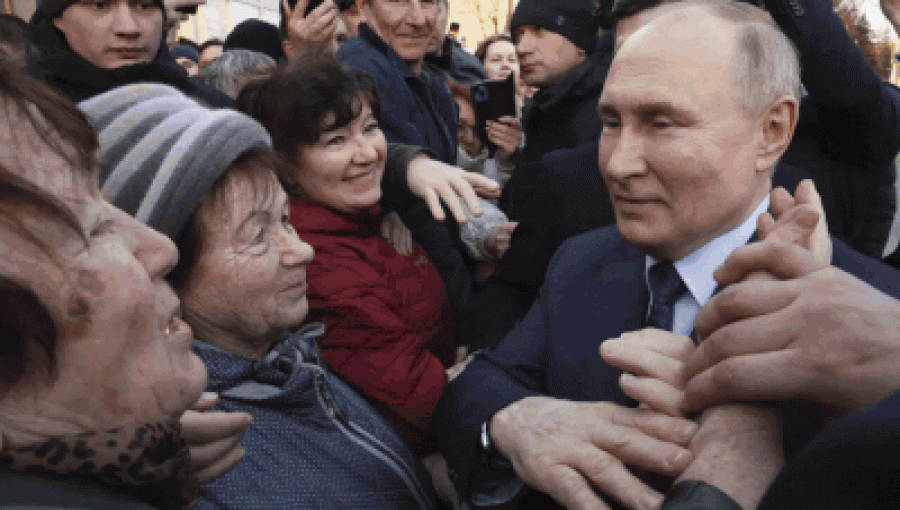
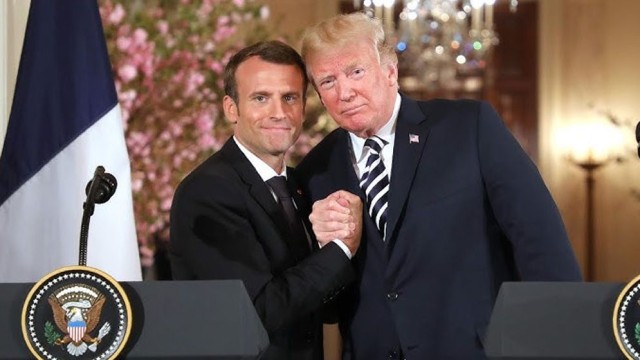
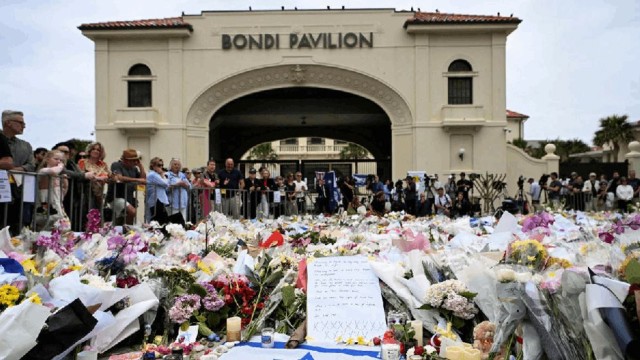

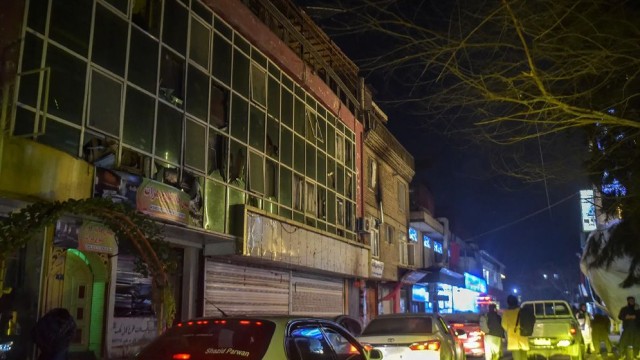

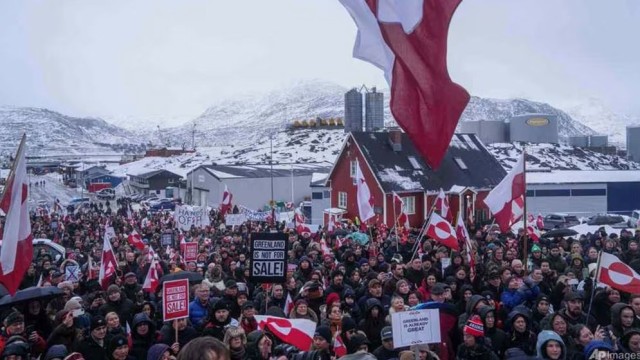
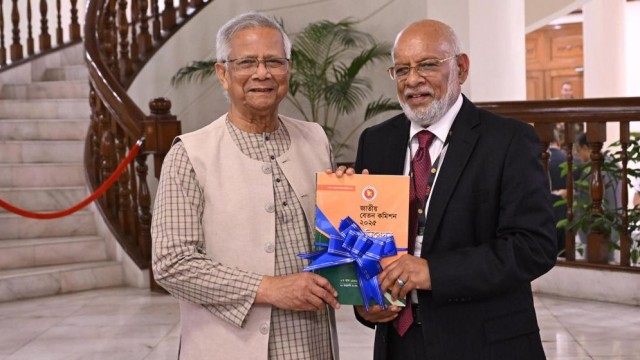
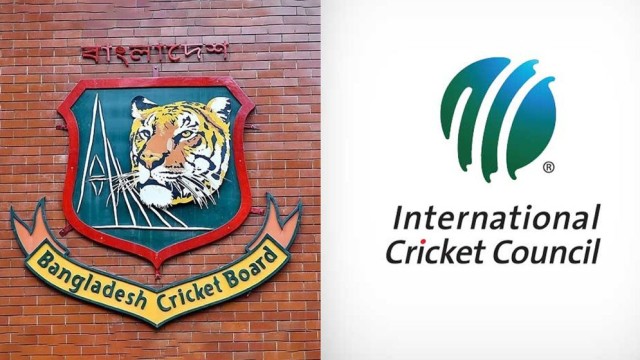
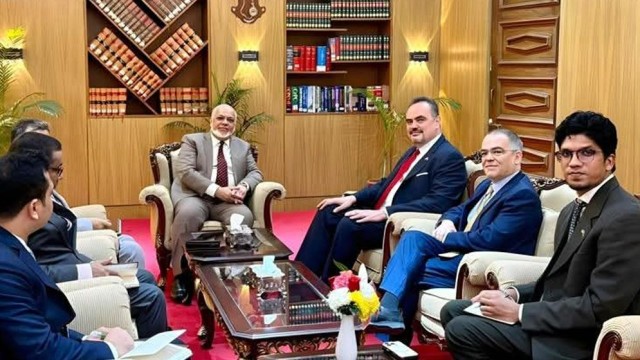
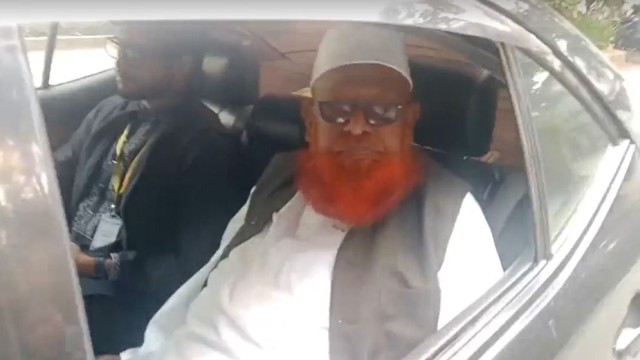
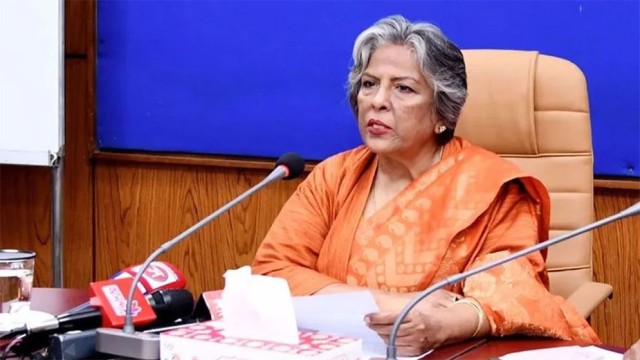
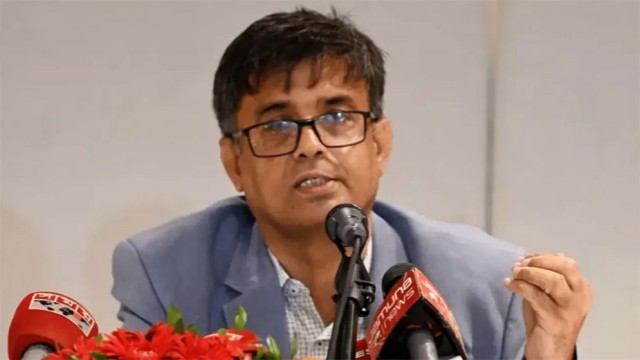

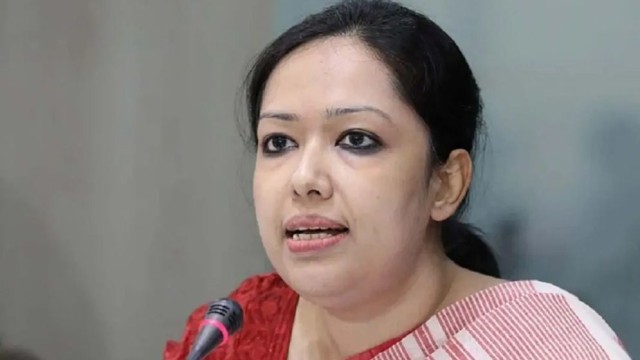
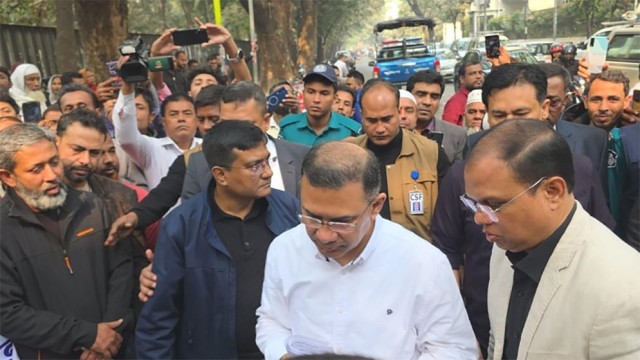









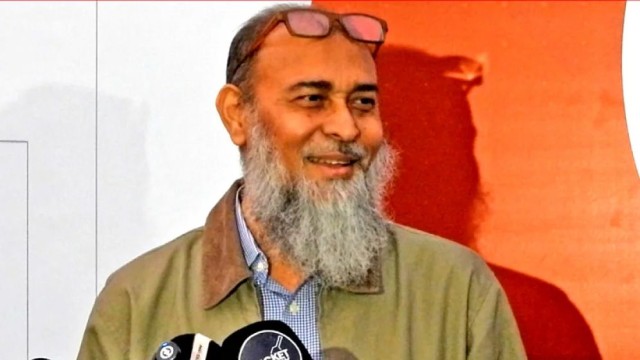


Comment: